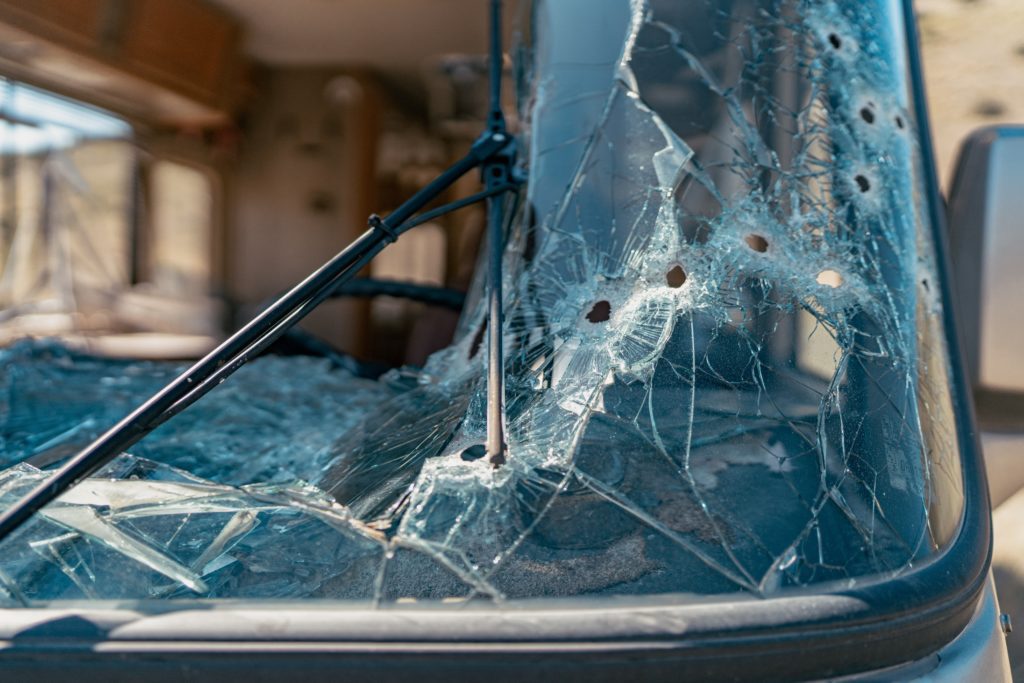Comprehensive Coverage
Comprehensive coverage protects your car from damage caused by events or objects other than a collision.
What Is Comprehensive Coverage?
Comprehensive coverage is a common addition to car insurance policies because it offers you protection from a wide variety of risks. Typically, it covers damage from fire, vandalism, or falling objects (like a tree or hail).
If you’re financing or leasing your car, your lender likely requires comprehensive coverage.
What's Covered By Comprehensive Coverage?
- Damage caused by fire, falling object, wind, or hail storm
- Vandalism
- Theft
- Natural disasters (like a hurricane or a tornado)
- Falling objects
- Damage to your car by animals
What's Not Covered By Comprehensive Coverage?
- Collision damage.
- Damage to another person’s car from a collision
- Your (or your passengers’) medical expenses after an accident.
How To Choose A Comprehensive Coverage Deductible?
Insurance companies offer set comprehensive deductible amounts. If you choose a higher deductible, this generally means your premium will be lower. If you choose a lower deductible, this generally means your premium will be higher. Speak with your insurance broker to help you determine what deductible and limits fit your needs.
Why Buy Comprehensive Coverage?
If you’re wondering whether or not you should buy comprehensive coverage, here are some considerations:
First, comprehensive coverage may be required by your car’s lender. If you’re leasing or financing your car you may be required to have it until the car is paid off.
Second, how old is your car, and what is its value? Find out the Kelly Book value of your car. If you can’t afford to pay the amount to replace or repair your car out of pocket, then buying extended optional coverages may be worth it.

